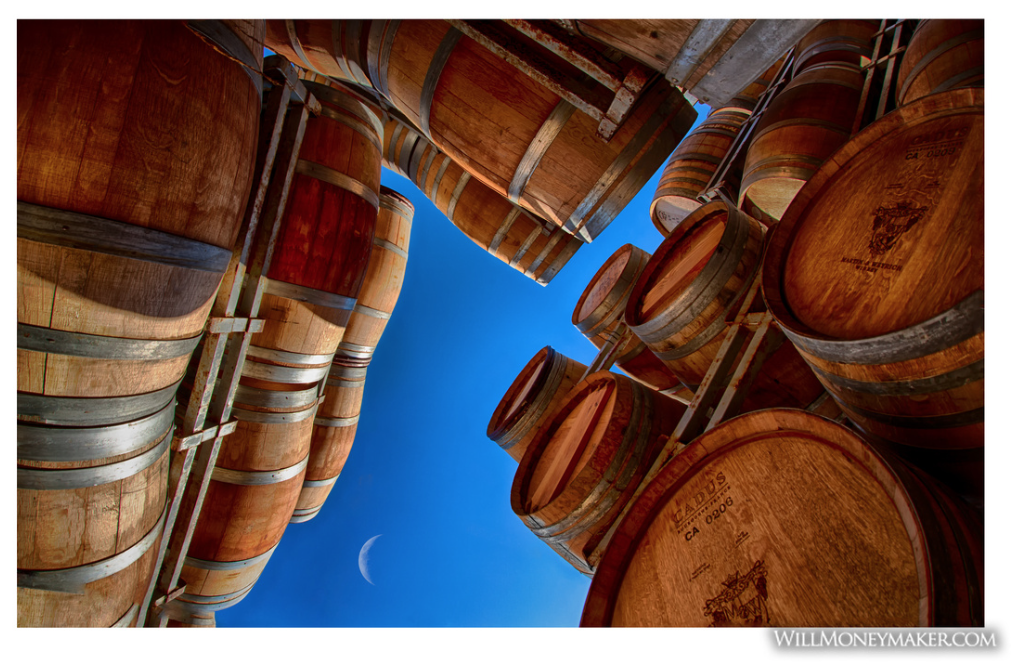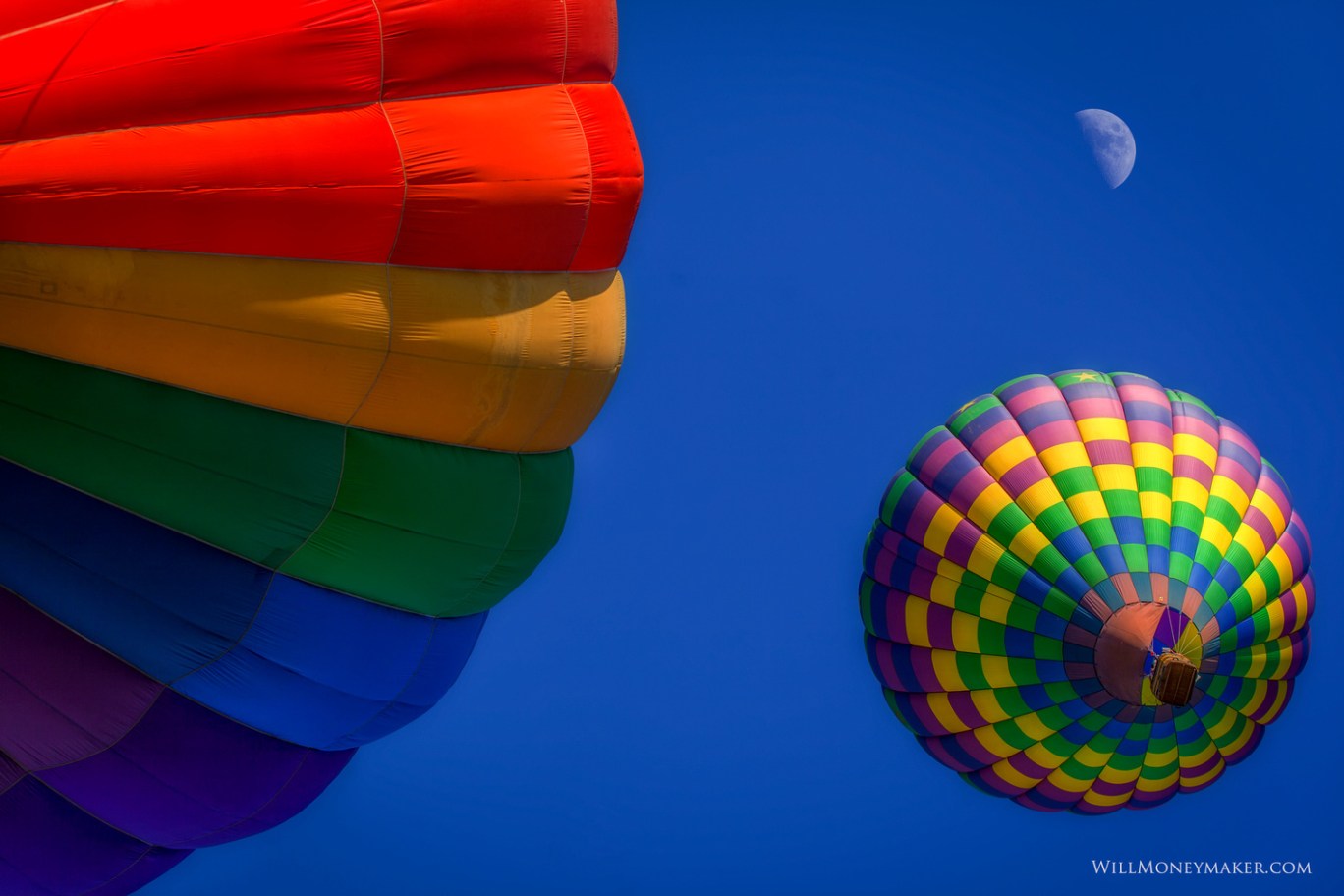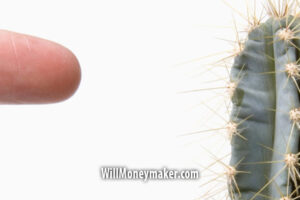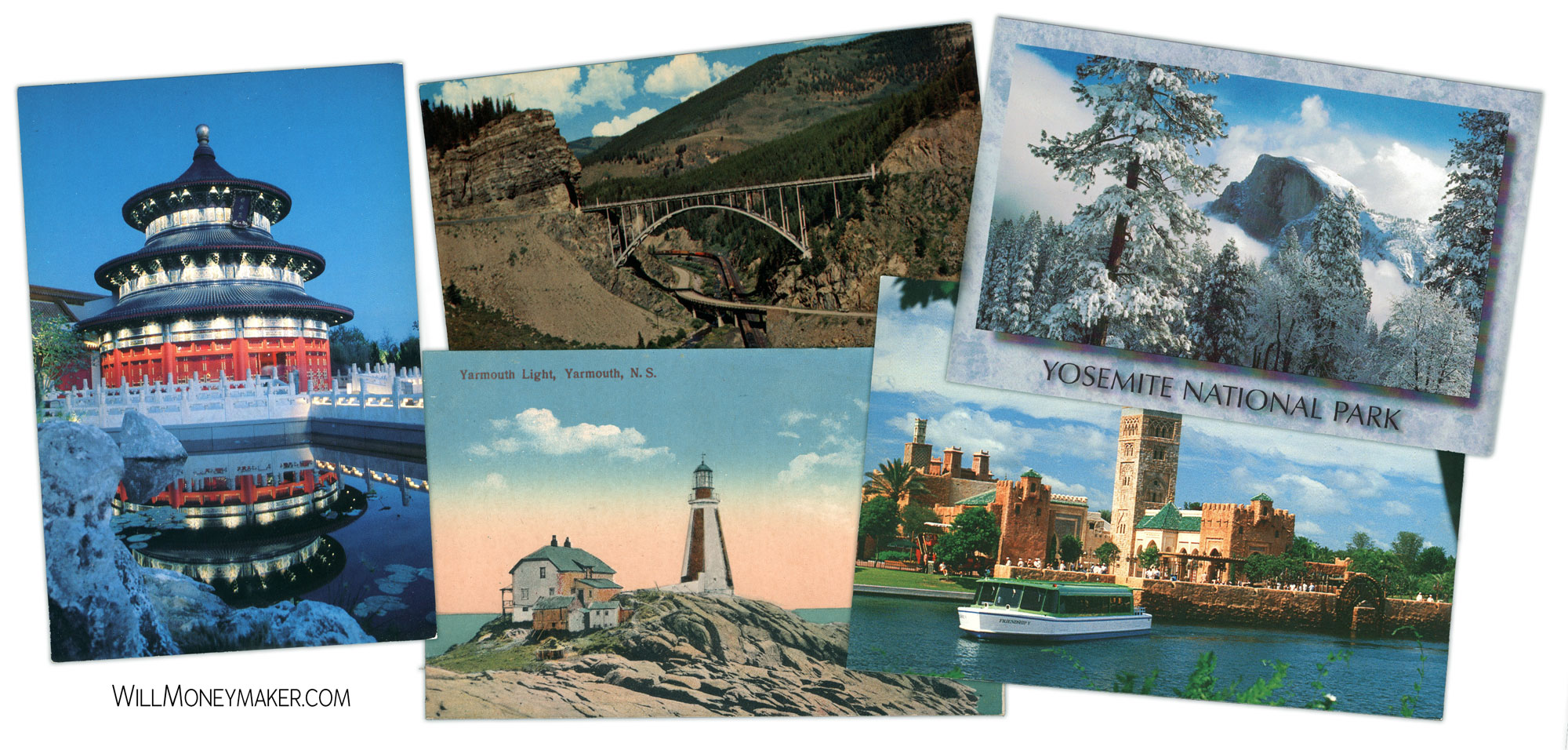We’ve long made the assumption that photography is, in itself, an art. And in a general sense, that is true, the same way that painting is an art or that writing is an art. But I think that we need a little bit more specificity in what, precisely the art of photography is. Surveys from 2014 showed that 1.8 billion photographs were uploaded online each and every single day. Now just imagine how many photos are taken every day, most of which will never be uploaded.
Are all of these images art? Of course not, just the same as not every written word is considered art, either. Even within my own collection of images, the external hard drives with gigabytes upon gigabytes of image files. Is each and every one of those files something that should be considered art?
I don’t think so. To me, those files are simply assets. They are a tool that I could use to create art but in and of themselves, they are not actually art. It is similar to the painter who goes to the art store and buys the paints, brushes, and canvas that he or she will need. These three things are the assets that the painter will use, not the art itself. In that same way, image files are not necessarily art. Just an element that can become art.
I realize that this must sound confusing so let me explain my thought process a little more. Photographs, to me, photography, is potential. I’ll show you some of the things that I think need to be done in order for those assets to realize their potential.
It Takes a Creative Process to Make Art
I don’t know about anyone else but a lot of the photos in my collection are images that were taken with the idea that perhaps I could turn them into something, not necessarily that I would. Other images are parts of projects, assets that fit a chosen theme that may or may not become part of a grouping of images later on. As I’ve said, these, to me, are assets. Sitting untended on a hard drive somewhere, they will not become art until I have applied my creative process to them.
In other words, this means that pressing the shutter release is only the beginning of the journey. Later on, those images will need to be dragged out of their folders, thought about carefully, processed — do whatever you need to do in order to turn them into something other than a RAW file that no one will ever see. It is only after you have applied your creative process to these images that they will potentially become art.
Art Should Be Seen
This reminds me of that old rhetorical question: “If a tree falls in the woods and no one is around to hear it, does it make a sound?” In my opinion, it doesn’t really matter whether it made a sound or not. No one was there to see, hear or experience it so it may as well have never happened.
Ask yourself this about art: If an image exists but no one ever gets a chance to experience it, is it really art? Photography, or any art, is not so different from the question about the tree. You may be very fond of a photograph. Perhaps you’ve spent hours upon hours developing it, refining all the details, going back and redoing things until everything is just right.
However, if that image never sees the light of day, if others never get to experience what you have created, then is it still art? Of course, to you, it is — likely you enjoy the image or you would not have put the effort into it that you did. But I would argue that if you are willing to put that effort in, then perhaps it is time to show others the effort you have put in as well. At its heart, art is communication and you communicate with no one when you keep your work to yourself.
Now, this does not mean that you must have your work hanging in a museum or a gallery in order for it to win the vaunted title of art. It doesn’t have to be so complicated as all that. If you’d rather, simply turn your image into a PDF and share it with friends or photography enthusiasts via email or dedicated photography message boards. Print, mat, and frame it to hang in your home. Or, consider making a self-published book of images. Many companies nowadays make beautiful books on an individual basis — no need to print more than one if you’d rather not. Once you’ve had that book made, now you have your very own coffee table book that you and your family can enjoy and that you can share with visitors if you so desire. Whatever you choose, don’t let the effort go to waste on you and you alone. Share the beauty you have created!
Art is Labor
In this day and age with billions of photographs taken each day, it comes as no surprise that there are a lot of would-be photographers out there who call themselves artists but all they are doing is snapping photos as quickly as they can and then hitting that print or share button. And sure, amazing photographs will be created this way. With the sheer enormity of the numbers, there are likely many groundbreaking snapshots produced each day. It is like winning the lottery, however. The chances are there that it can happen but those chances are very low.
Real art, made by real artists, no matter the genre or medium, is a time intensive thing. It is a labor of love, one that requires the artist to spend inordinate amounts of time in the making of the piece. It is the kind of labor that doesn’t end until the artist is satisfied — if, indeed, it is even possible to satisfy him or her.
Bear in mind that these are only some of the necessities for creating art — and they aren’t always entirely essential. Once in a very great while, a photograph turns out wonderfully with minimal work required to make it ready for printing. Displaying images isn’t always easy, either. These thoughts, the viewing of images as potential art, are part of what helps me turn a photograph into something that I consider art, not necessarily the method that everyone needs to use.





